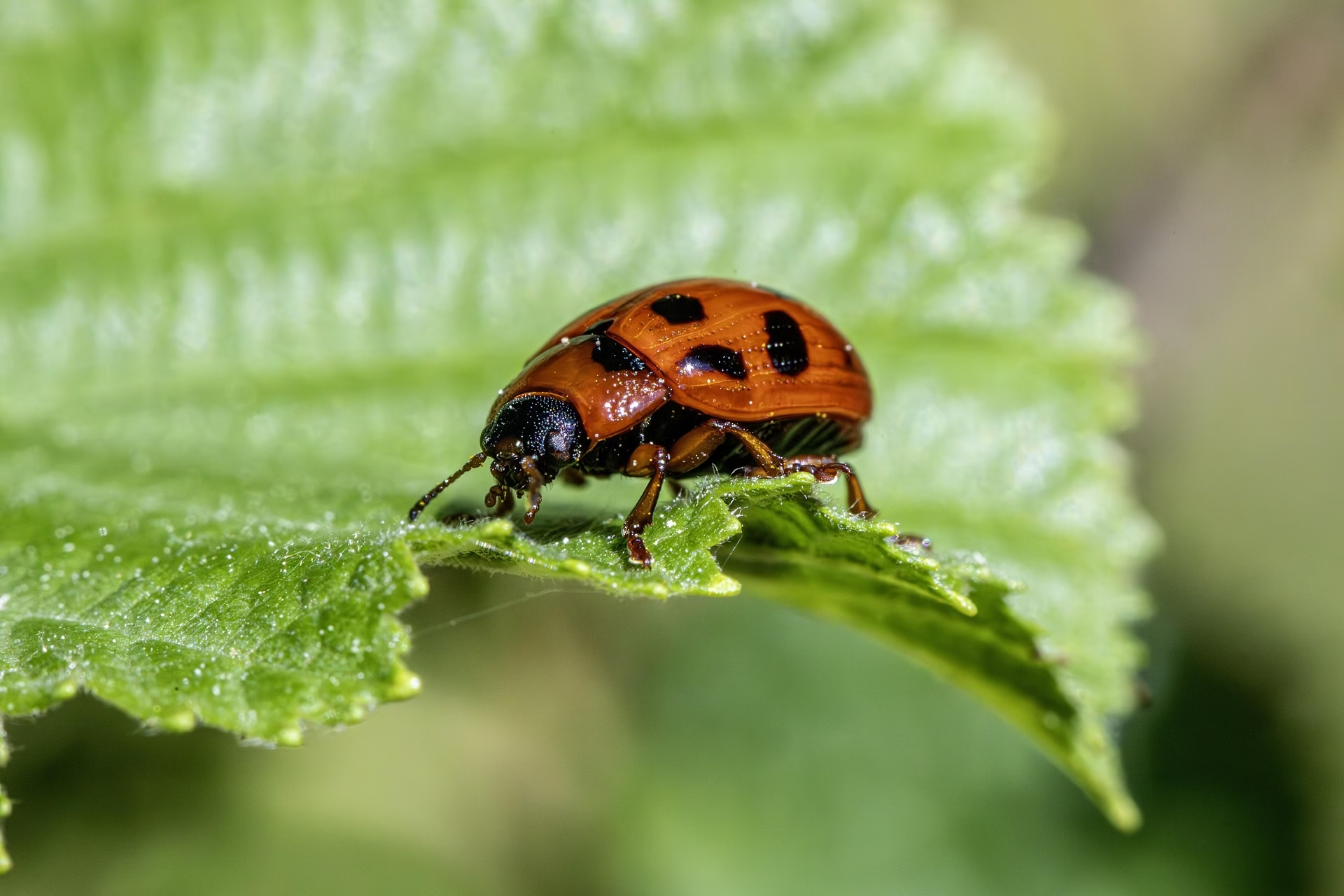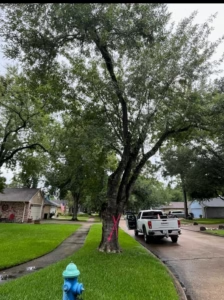Houston’s warm, humid climate is paradise for mosquitoes and various other pests—but it doesn’t have to be a paradise for them in your yard. By selecting Trees That Repel Mosquitoes and Other Common Pests in Houston, you can naturally deter unwanted insects while creating a beautiful, shaded environment. Below, we’ll explore some of the most effective pest-repelling trees, discuss their ideal growing conditions, and provide tips to maintain a healthy landscape that keeps bugs at bay.
Need more advice on maintaining a pest-free, attractive yard? Visit the HamodaTrees for professional insights, or learn about our specialized Tree Trimming Services designed to reduce insect habitats.
Table of Contents
- The Importance of Pest-Repelling Trees in Houston
- Top Trees That Repel Mosquitoes and Common Pests
- Planting and Care Tips for Houston’s Climate
- Companion Planting for Maximum Pest Control
- Additional Strategies for a Mosquito-Free Yard
- Conclusion
1. The Importance of Pest-Repelling Trees in Houston
- Natural Mosquito Defense: Houston’s mosquito population can feel relentless, especially during humid summers. Planting trees that release subtle fragrances or essential oils helps deter them.
- Eco-Friendly Approach: Reducing reliance on chemical repellents benefits pollinators and preserves soil health.
- Year-Round Relief: Certain pest-repelling trees maintain their aromatic properties across seasons, offering continuous protection against fleas, ticks, and other nuisances.
2. Top Trees That Repel Mosquitoes and Common Pests
2.1 Eucalyptus (Eucalyptus spp.)
- Why It Works: Known for its strong, menthol-like scent, eucalyptus oil is a widely used insect repellent.
- Growing Requirements: Prefers full sun and well-drained soil. Some varieties can handle Houston’s occasional cold snaps.
2.2 Tea Tree (Melaleuca alternifolia)
- Why It Works: Tea tree oil is a popular ingredient in insect sprays. The aroma is potent enough to repel mosquitoes.
- Growing Requirements: Thrives in moist, well-draining soil; tolerates partial shade to full sun.
2.3 Citronella Tree (Backhousia citriodora)
- Why It Works: The lemony scent is an active deterrent for mosquitoes, commonly found in candles and sprays.
- Growing Requirements: Prefers subtropical climates, making it an ideal candidate for Houston’s humid conditions.
2.4 Neem Tree (Azadirachta indica)
- Why It Works: Neem oil disrupts insect life cycles, repelling and even killing certain pest species.
- Growing Requirements: Needs plenty of sunlight and moderately fertile soil; can tolerate Houston’s heat well.
2.5 Bay Rum Tree (Pimenta racemosa)
- Why It Works: Its aromatic leaves deter mosquitoes, while also providing a pleasant, spicy fragrance.
- Growing Requirements: Thrives in warm, humid climates and requires occasional watering during dry spells.
3. Planting and Care Tips for Houston’s Climate
Site Selection
- Ensure trees have enough space to reach their full height and spread. Avoid planting too close to buildings or power lines.
Soil Preparation
- Perform a soil test to check for nutrient deficiencies. Amending with compost can improve soil fertility and drainage.
Watering
- While most pest-repelling trees enjoy consistent moisture, avoid waterlogging the roots. Deep watering once or twice a week typically works well in Houston.
Fertilization
- Use slow-release, balanced fertilizers to support steady growth. Over-fertilizing can lead to weak growth and susceptibility to pests.
4. Companion Planting for Maximum Pest Control
Enhance the effectiveness of Trees That Repel Mosquitoes and Other Common Pests in Houston by adding complementary plants around their base:
- Marigolds: Known to repel nematodes and certain beetles.
- Lemongrass: A potent mosquito deterrent, often containing citronella compounds.
- Basil & Rosemary: Aromatic herbs that naturally ward off various insects.
By combining trees and companion plants, you create layered pest-repelling zones that protect your outdoor areas more effectively.
5. Additional Strategies for a Mosquito-Free Yard
- Eliminate Standing Water: Dump water from containers and ensure proper drainage to disrupt mosquito breeding.
- Regular Pruning: Overgrown vegetation can trap moisture, encouraging pests to linger. Keep branches trimmed for better airflow.
- Use Natural Repellents: Citronella candles, essential oil diffusers, or DIY bug sprays can boost your efforts without harming beneficial insects.
- Encourage Natural Predators: Attract birds, bats, and dragonflies—all are known to feast on mosquitoes.
6. Conclusion
Choosing Trees That Repel Mosquitoes and Other Common Pests in Houston offer a sustainable way to keep your yard comfortable and bug-free. By integrating aromatic species like Eucalyptus, Citronella Tree, or Neem, and complementing them with pest-repelling companion plants, you can create a vibrant, eco-friendly landscape. Combine these natural defenses with routine yard maintenance—pruning, removing standing water, and encouraging wildlife predators—to enjoy a mosquito-free haven in the heart of Houston’s subtropical climate.




